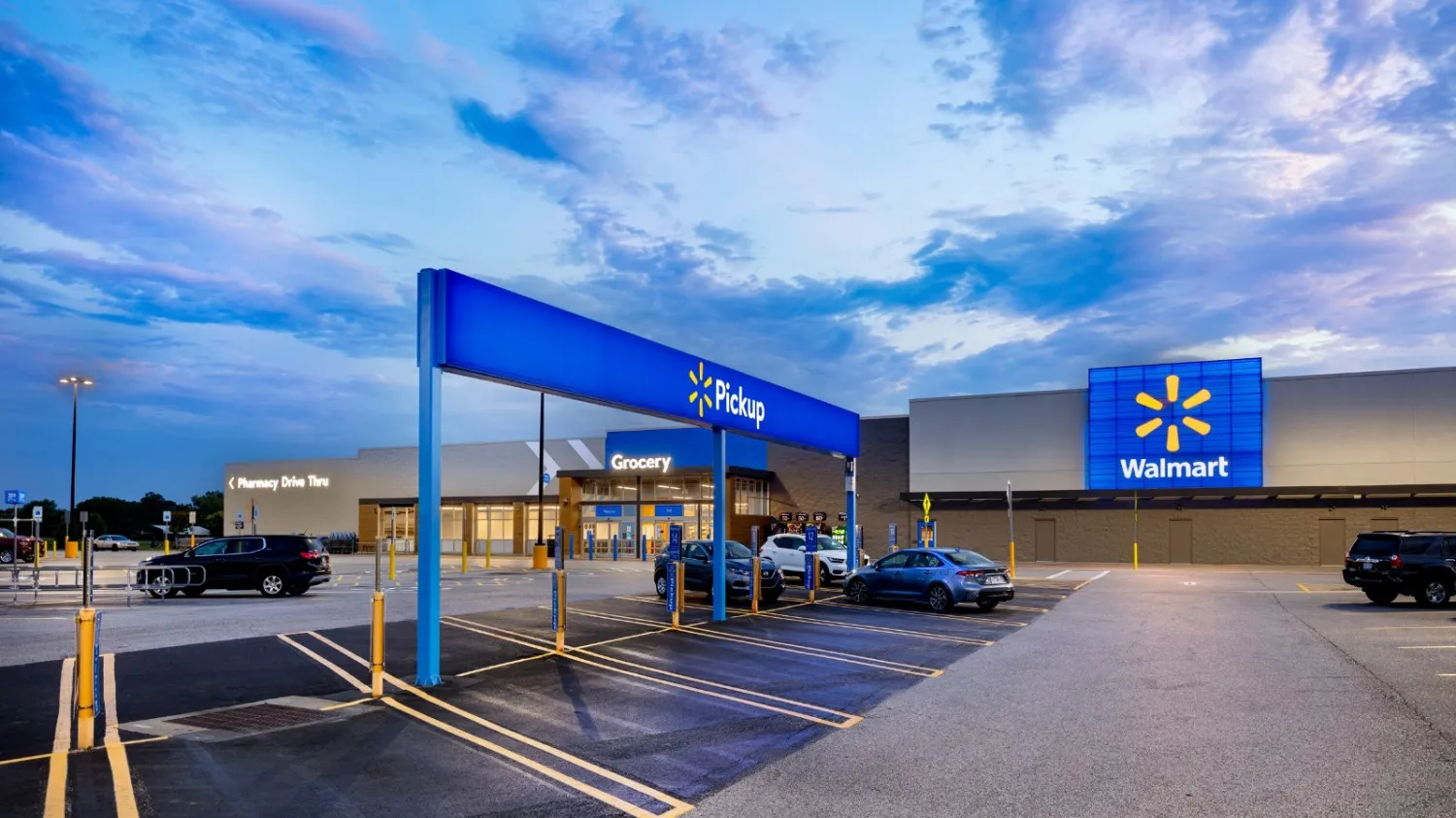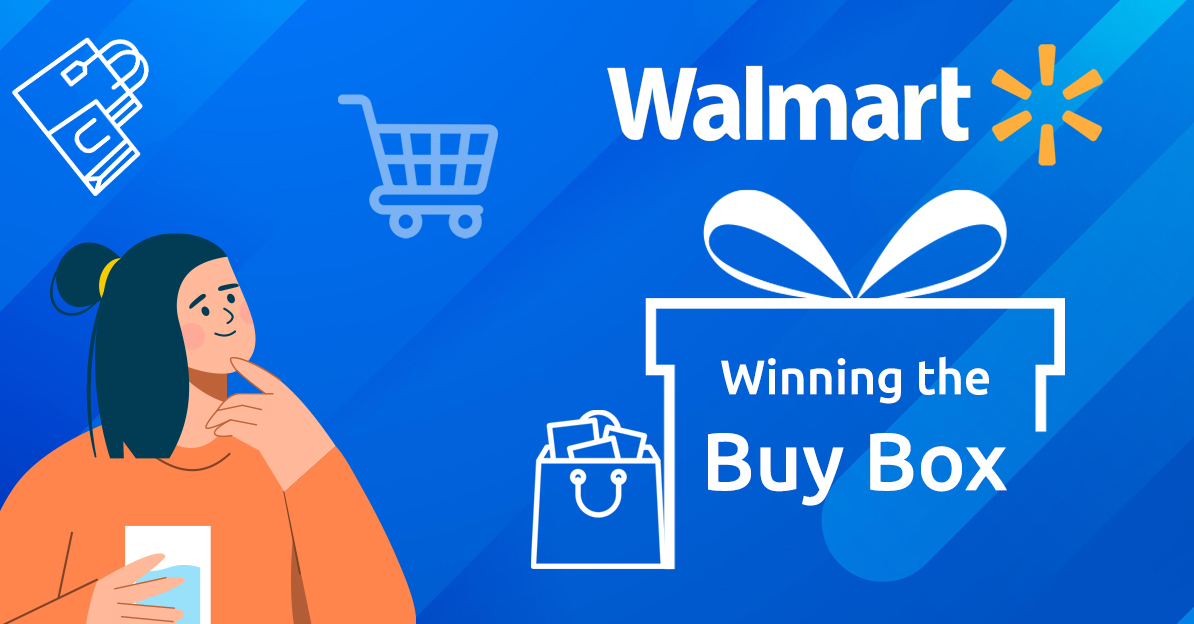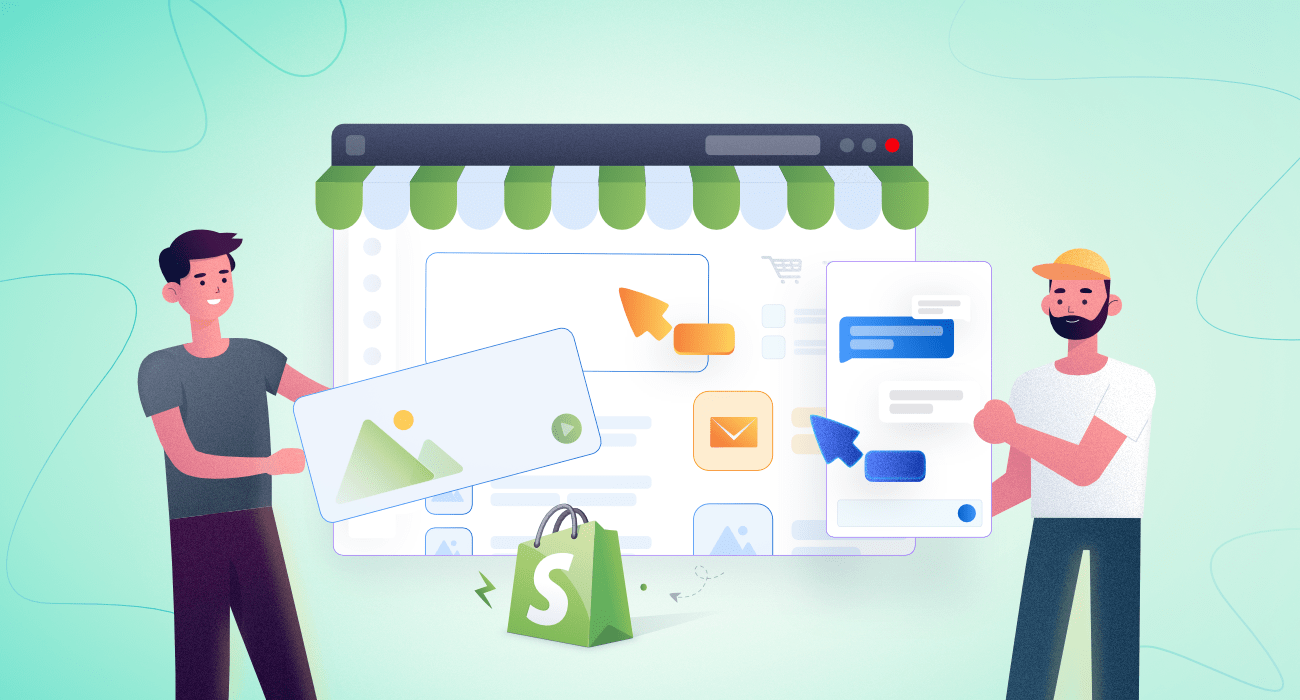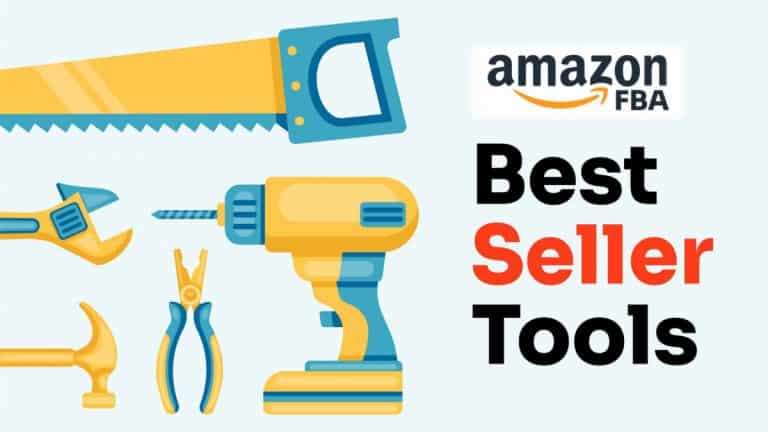Email Marketing Secrets for E-commerce Success
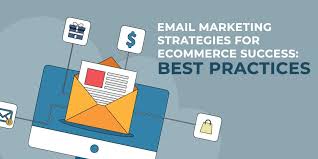
Selling on Amazon has become a lucrative business opportunity, but choosing the right business model can be challenging. Two of the most popular models are Amazon Wholesale and Private Label. While both offer profit potential, they cater to different types of sellers based on budget, experience, and business goals. In this article, we’ll compare Amazon Wholesale and Private Label to help you determine which model suits you best.
What is Amazon Wholesale?
Amazon Wholesale involves purchasing branded products in bulk from authorized distributors or manufacturers and reselling them on Amazon. Wholesale sellers do not create their own brands but instead leverage the credibility of existing well-known brands.
Pros of Amazon Wholesale:
Lower Risk: You are selling established brands with proven demand.
Faster Sales: Since the products are already known and trusted, they tend to sell quickly.
Less Marketing Effort: No need to invest in branding or product development.
Easier Entry: You don’t need to create a new product or brand from scratch.
Cons of Amazon Wholesale:
High Competition: Multiple sellers may offer the same product, leading to price wars.
Lower Profit Margins: Since you’re selling existing brands, you have less control over pricing.
Supplier Challenges: Finding reliable wholesale suppliers can be difficult, and many manufacturers require large minimum order quantities.
Amazon Restrictions: Some brands have strict authorization policies, making it hard to gain approval.
What is Private Label on Amazon?
Amazon Private Label involves sourcing generic products from manufacturers and branding them as your own. This model allows you to create unique products under your own brand name and build customer loyalty.
Pros of Private Label:
Higher Profit Margins: You control the pricing and branding, leading to greater profit potential.
Brand Ownership: Unlike wholesale, where you sell other brands’ products, private labeling allows you to build your own brand.
Less Competition: Since your product is unique, fewer sellers will compete directly with you.
Scalability: You can expand your product line and establish a long-term business.
Cons of Private Label:
Higher Initial Investment: Product development, branding, and marketing require more upfront capital.
Longer Time to Market: Unlike wholesale, private label products need time for manufacturing, branding, and listing optimization.
Marketing and Advertising Costs: You need to invest in PPC advertising, social media, and promotions to build brand awareness.
Product Quality Control: Working with manufacturers, especially overseas, requires strict quality checks to ensure consistency.
Which Amazon Business Model is Right for You?
Choosing between Amazon Wholesale and Private Label depends on your business goals, budget, and risk tolerance. Here’s a quick guide to help you decide:
Go for Amazon Wholesale if:
You want quick sales with established brands.
You prefer lower risk and less marketing effort.
You have moderate capital but don’t want to invest in branding.
You can manage supplier relationships effectively.
Choose Private Label if:
You want full control over branding and pricing.
You are willing to invest in product development and marketing.
You prefer long-term scalability and less direct competition.
You are comfortable handling product manufacturing and logistics.
Final Thoughts
Both Amazon Wholesale and Private Label have their pros and cons. If you want a faster entry with lower risk, wholesale might be the right choice. However, if you are looking for long-term growth and brand-building opportunities, private labeling is a better option. Evaluate your budget, experience, and business objectives before making a decision.
